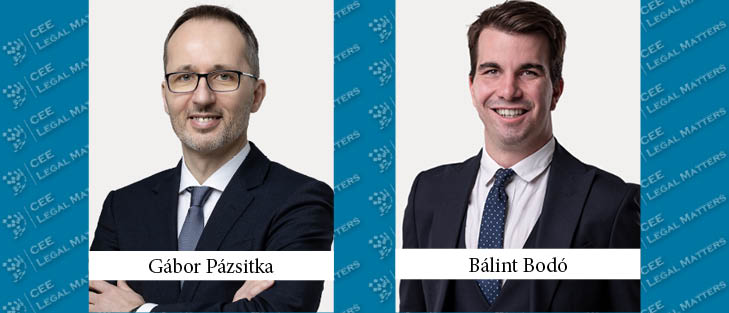Convertible loans have emerged as a pivotal financial instrument for start-ups navigating the challenging terrain of early-stage funding (pre-seed and seed), also called angel investment. These loans are a hybrid of debt and equity financing, offering a unique solution for companies that are not yet ready for a formal valuation or are seeking to bridge funding gaps between capital-raising rounds.
The essence of convertible loans
At its core, a convertible loan is a debt instrument that can be converted into equity at a later stage, typically during the subsequent round of funding. Convertible loans circumvent the need for immediate valuation, allowing investors to defer this decision until the company's prospects become clearer and more stable.
The allure of convertible loans for start-ups lies in their ability to provide quick access to capital. This is crucial for maintaining momentum in operations, R&D and market expansion. Securing a convertible loan is often faster than traditional venture capital funding, which involves extensive due diligence and valuation processes.
On the other hand, investors benefit from the mitigation of risk inherent in convertible loans. Initially, the investment is structured as a loan with a fixed interest rate and maturity date. If the start-up succeeds and undergoes a new round of equity financing, the loan can be converted into equity at predetermined terms, which often include a discount on the share price. The potential for a discounted equity stake in a growing company can be a significant draw for investors.
Convertible loan agreements: "simplicity" and flexibility
Convertible loan agreements are typically concise and less complex than traditional debt or equity financing agreements. They can be drafted on a few pages, thereby significantly reducing transaction costs. The terms of these agreements are highly customisable, allowing for negotiation on interest rates, conversion discounts, valuation caps and repayment schedules to suit the needs of both start-ups and investors.
Key components of convertible loan agreements
A standard convertible loan agreement has the following critical elements.
- Basic terms of the loan: These outline the amount, disbursement schedule, interest rate and loan repayment conditions.
- Conversion mechanism: This section specifies the conditions under which the loan may be converted into equity, including the conversion rate, any applicable discounts or caps, and the rights and obligations of the investor.
- Rights of the investor: These include the legal and financial protection granted to investors, such as rights to information, participation in decision-making ("reserved matters"), anti-dilution, share transfer restrictions, subscription, drag/tag-along, or preferences in the event of liquidation.
- Subordination: Convertible loans often contain a subordination clause that places the repayment of loans behind other creditors in the event of insolvency.
However, the conversion of debt to equity is not automatic. It typically requires a shareholder resolution and capital increase resolution, as new shares are issued at the time of conversion. The terms of conversion, such as the valuation discount or cap, play a crucial role in determining the number of shares the investors receive. Usually, a valuation discount allows investors to convert their loans into equity at a lower price than that offered to new investors in the next funding round.
Hungary
The adoption of convertible loan principles in Hungarian legislation, namely Act XXXIV of 2004, as of 1 September 2023 marks a significant development for Hungary's venture capital market. The legislation facilitates the use of convertible loans by not requiring supervisory authorisation from the National Bank of Hungary, provided certain conditions are met.
A key feature of the Hungarian model is the limitation on convertible loans to SMEs. Convertible loans may be issued no more than 15 times within a single calendar year. These regulations impose monetary caps on the total outstanding loan amount. For natural persons, including their family members, the cap is set at two billion Hungarian forints (HUF). The same cap applies to legal persons and their affiliates. Furthermore, the amount that can be ceded to the same company is limited to HUF 150m. Significantly, these regulations provide an exemption for financial institutions. Transactions of a similar nature conducted by such institutions are not subject to these requirements.
Conclusion
Convertible loans represent a strategic financing option for start-ups, balancing the immediate need for capital with the complexities of early-stage valuation. They offer a streamlined, flexible approach to funding that can adapt to the evolving needs of both start-ups and investors. As the venture capital landscape continues to evolve, convertible loans will likely remain one of the cornerstones of start-up financing, providing a bridge to future growth and success.
By Gabor Pazsitka, Partner, and Balint Bodo, Associate, Schoenherr



